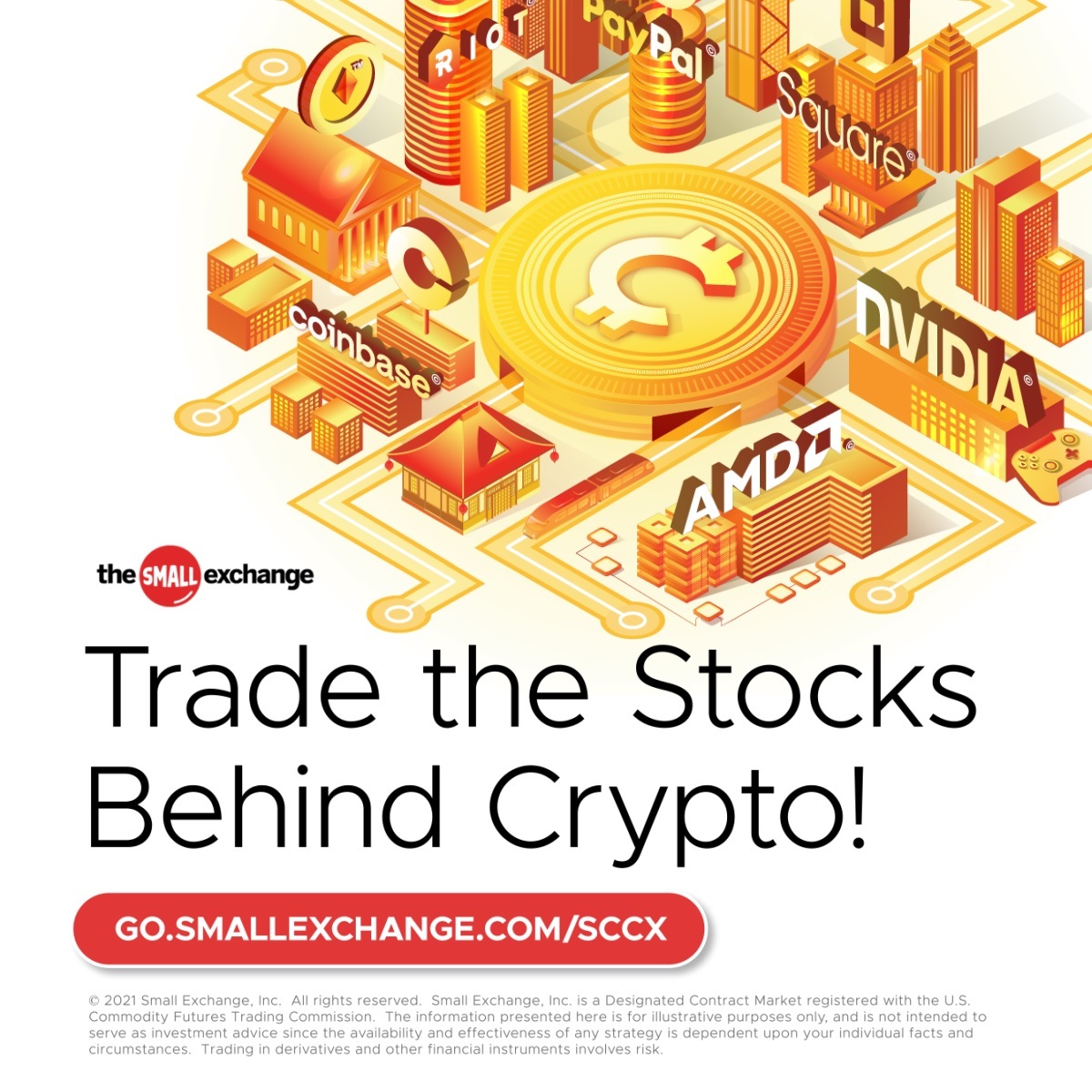Explore the Dynamic Trading Exchange Market with Wowbit for Optimal Outcomes
Explore the Dynamic Trading Exchange Market with Wowbit for Optimal Outcomes
Blog Article
Comprehending the Mechanics of Online Trading Exchanges
In the ever-evolving landscape of financial markets, the auto mechanics of on-line trading exchanges play an essential role in shaping the characteristics of trading tasks. As we browse through the complexities of bid-ask spread dynamics, clearing and settlement processes, and the regulatory framework controling online trading exchanges, a much deeper comprehension of these devices becomes crucial.
Order Types and Execution

Market Liquidity and Depth
Comprehending market liquidity and depth is necessary for traders looking for to make informed decisions in online trading exchanges. Market liquidity describes the ease with which a possession can be purchased or sold without considerably influencing its rate. A fluid market has a high volume of trading activity, tight bid-ask spreads, and small cost volatility. On the other hand, market depth gauges the volume of buy and sell orders at different cost degrees beyond the very best quote and ask costs. It gives insight right into the degree of trading interest in a property and the possibility for rate movements.
High liquidity and depth can lead to reduced deal prices, decreased cost slippage, and enhanced trading effectiveness. Comprehending market liquidity and depth is vital for investors to browse online trading exchanges effectively.
Bid-Ask Spread Characteristics
In the world of online trading exchanges, a vital element complying with market liquidity and deepness is the evaluation of Bid-Ask Spread Characteristics. The bid-ask spread represents the distinction between the highest price a purchaser is willing to pay (quote) and the least expensive rate a seller agrees to approve (ask) for a particular possession. Recognizing this dynamic is vital for investors as it directly affects deal prices and market performance.
Bid-ask spreads can differ based upon elements such as market volatility, trading volume, and the asset's liquidity (trading). Limited spreads show a liquid market with a high volume of trades, decreasing prices for investors. On the various other hand, bigger spreads suggest reduced liquidity and can make it a lot more challenging to carry out professions without influencing costs significantly
Traders carefully keep track of bid-ask spread dynamics to gauge market sentiment and assess the general wellness of the marketplace. A narrowing spread might suggest increasing market passion and possibly higher trading quantities, while a broadening spread can indicate unpredictability or lowered activity - best trading app. By assessing bid-ask spread dynamics, investors can make more enlightened decisions and browse the complexities of online trading exchanges properly
Clearing Up and Settlement Processes
The Cleaning and Settlement Procedures play an essential function in making certain the reliable and organized completion of transactions within online trading exchanges. Clearing involves verifying the information of a profession, verifying the purchaser and vendor, and ensuring there suffice funds or protections to fulfill the purchase. This step assists mitigate counterparty risk by assuring that both celebrations fulfill their obligations.
Complying with clearing, the negotiation process entails the real transfer of funds or safety and securities between the celebrations entailed in the profession. This transfer commonly happens a few days after the trade day, understood as T +2 (profession day plus 2 days) During this moment, the exchange guarantees that the assets are exchanged properly, and the transaction is settled.
Effective cleaning and negotiation processes are important for maintaining market honesty and capitalist confidence. Delays or mistakes in these processes can cause financial losses and interfere with market procedures. Online trading exchanges prioritize protected and streamlined cleaning and negotiation systems to promote smooth and prompt purchase conclusion.
Regulative Structure and Conformity

Conformity with governing demands entails various facets, consisting of licensing, reporting, risk administration, and capitalist security procedures. On-line trading exchanges need to acquire the essential licenses to run legitimately and show compliance with anti-money laundering (AML) and understand your consumer (KYC) laws to prevent monetary criminal activities. best platform for day trading. Routine reporting to regulatory authorities assists in keeping an eye on the platform's tasks and ensures that it operates within the specified regulative framework
Conclusion
Finally, understanding the auto mechanics of on-line trading exchanges is necessary for financiers to navigate the complex world of financial markets. By realizing order kinds and implementation, market liquidity and deepness, bid-ask spread dynamics, clearing and negotiation procedures, along with the regulative framework and compliance requirements, individuals can make informed choices and minimize threats when getting involved in online trading. It is important to comply with well-known Clicking Here protocols and policies to make certain a safe and smooth trading experience.
In the ever-evolving landscape of monetary markets, the auto mechanics of online trading exchanges play a critical role in shaping the characteristics of trading tasks.When it comes to online trading exchanges, comprehending various order types and their implementation is crucial for successful trading. Recognizing market liquidity and deepness is vital for investors to navigate on the internet trading exchanges successfully.
In the world of on-line trading exchanges, a crucial facet complying with market liquidity and depth is the evaluation of Bid-Ask Spread Characteristics (exchange market). These regulatory entities develop guidelines and rules that on-line trading exchanges have to follow to make certain transparent and fair trading methods, safeguard capitalists' passions, and maintain market security
Report this page